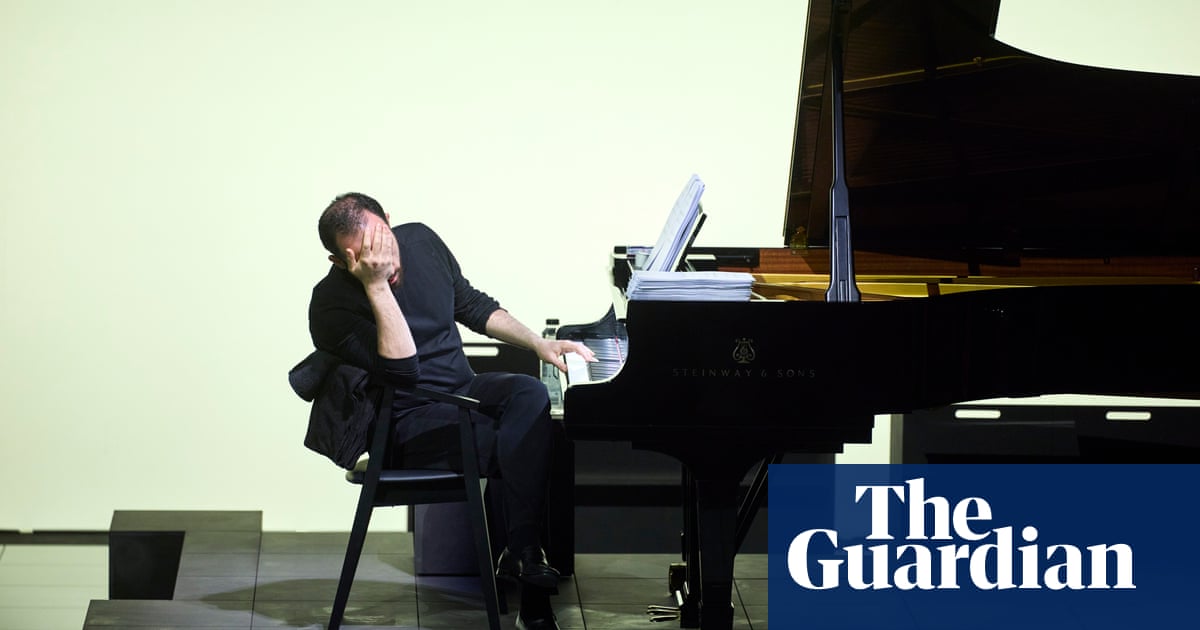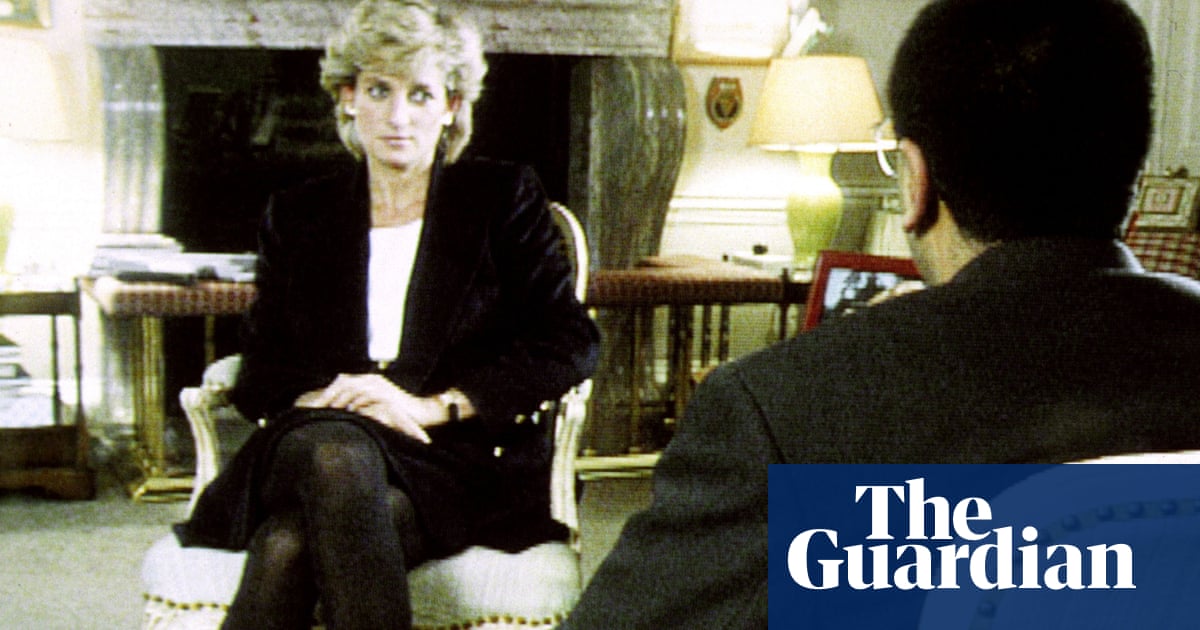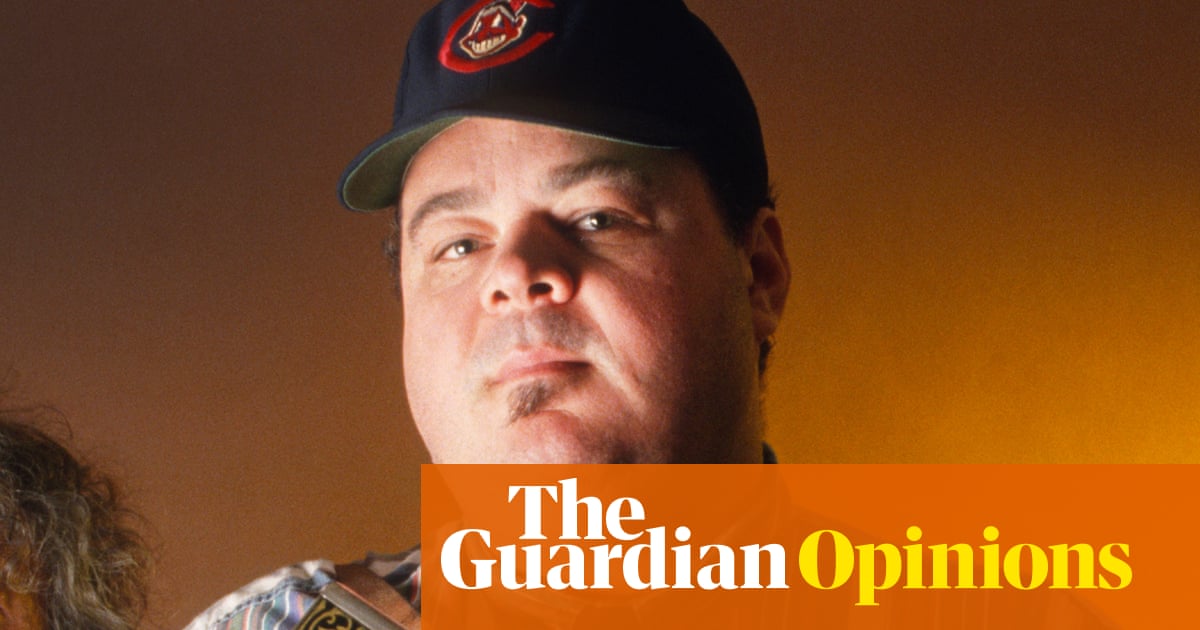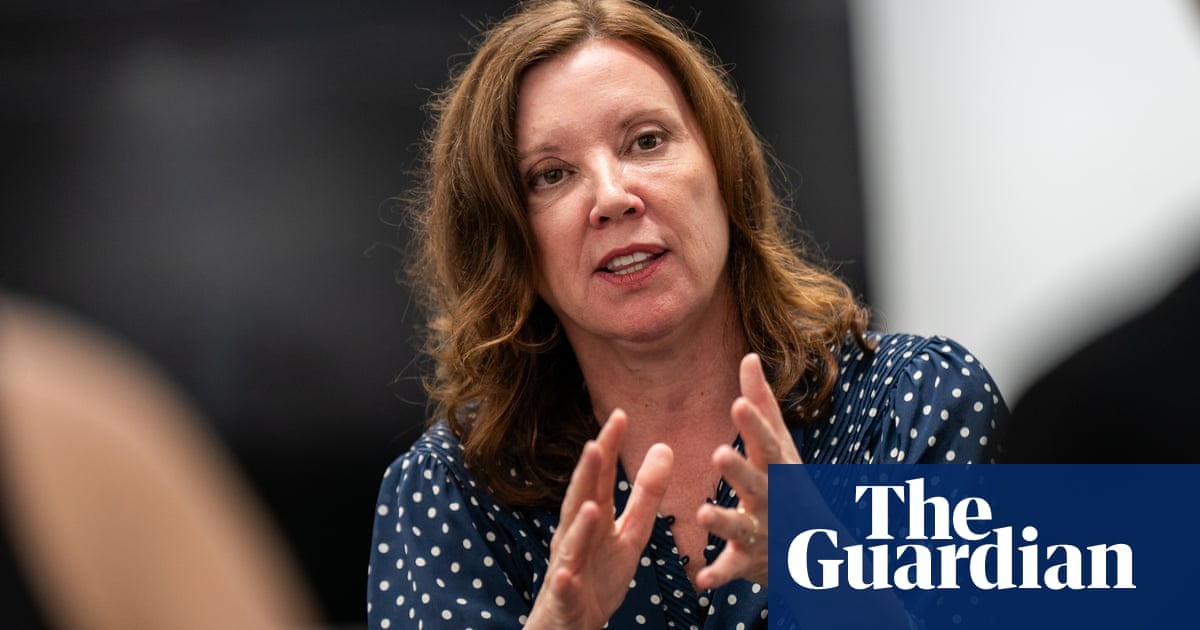Picture a farm that has been in a family for generations and can no longer be made to pay; there’s an orchard of beloved trees that may have to be chopped down. It’s a hot, dry summer and two estranged brothers decline into middle age while their adolescent children wait desperately for their lives to begin. This is a world we’d expect to find in a play by Chekhov, rather than a novel by Tash Aw, who has made his name with exuberant, heavily plotted portraits of life in Malaysia and China, the characters edging between makeshift grifting and actual criminality. But now he has distilled his vision of the novel into something smaller and more intense. The South takes place on a single farm in rural south Malaysia over a single summer in the 1990s, and shows Aw breaking into newly empathetic and impactful territory with his already considerable novelistic panache and artfulness.
The book soaks us in bodily intimacy from the outset, opening with a description of two boys having sex for the first time in the orchard. Jay, who has longed for this for weeks, wants to draw out the moment, so that “whatever time they have together will feel like many hours, a whole day”, while Chuan seems to want “to accelerate each second and collapse time”. Aw is brilliant at compressing sociological insight into intimate scenes, and here the boys’ differences of wealth and education emerge implicitly. Jay’s father Jack was the legitimate son of their grandfather, who bought the farm as a young man. Jack is a relatively wealthy intellectual, a professor of mathematics in urban Malaysia, albeit a frustrated and disappointed man who has just lost his job. Chuan’s father Fong is their grandfather’s illegitimate son and has spent his life managing this farm he doesn’t own, leaving Chuan to grow up feral and barely schooled. Now the two families have come together for a summer after the grandfather has died and left the farm, quixotically, to Jay’s mother Sui, a once bright and ambitious woman subdued by marriage to Jack.
Aw has often told stories from the perspective of a writer outsider, whether it’s the son who discovers his father was capable of real feeling he never saw for himself in his 2005 debut The Harmony Silk Factory, or the ethnographer who develops a half-tender, half-exploitative rapport with her murderer interviewee in his 2019 novel We, the Survivors. Now a much older Jay moves fluidly between first and third person to narrate what’s at once his own coming-of-age story and an expansive portrait of his unhappy parents and their social world, with his mother gaining special depth and interiority. Already in that opening scene, Jay’s adult voice intrudes. “At that age, what does either of them really know about time?” he asks, and time lies in wait as a preoccupation that the book will have to confront. This is a story about people who are both waiting for life to begin and living with an intensity they will look back on for ever. Jay is precociously aware of this, drawing his fingers over Chuan’s skin, “trying to work out how he will remember it at a later time, what words he will use to describe it later”.
What’s painful in these scenes between the boys is that Jay is more involved, moment by moment, than Chuan is, because he’s more committed to erotic experience. He is, though, half-aware that Chuan is more involved in the relationship as a whole, while Jay knows as they drive to their first nightclub that there will be “other men on other roads leading to other towns”. Jay at 16 is already the writer, seeking experience, and the book’s preoccupation with memory becomes not so much a theme as a way of life. What makes the novel so masterly is that questions of memory are embedded in the structure with an apparent casualness that saves it from feeling overly engineered. Jay shifts between past and present, first and third person, as someone might shift about in their seat: trying to get comfortable, to inhabit these moments as he experienced them at the time and as he experiences them now.
Like Chekhov’s Russia, Aw’s Malaysia is both a universally resonant vision of a timeless and placeless lost world, and a historically precise portrait of a country undergoing rapid modernisation. The country’s economic precarity is tied to the fate of the farm. As the currency loses its value, Jack and Fong between them sell off land, while at Jay’s school in town, bankrupt families return to the provinces, leaving classroom chairs placed upside down on vacated desks “as if to commemorate past lives”. In the background are climate shifts that exacerbate these difficulties. Our present cycles of drought and flooding were already happening in Malaysia in the 1990s. The orchard destroyed to make way for a building project is a symbol of a lost way of life, as for Chekhov, but is also indicative of larger threats to the climate.
This is the first novel in a quartet described as an “epic for our times”. I worry that after the vitality of this portrait of a moment, it might be tedious to read book after book about Jay and Chuan and their descendants as they age. But Aw has moved beyond his previous novels to discover a different kind of writing here, emerging as a Proustian chronicler of momentary bodily and mental experience writing on a compressed, exquisite scale. Perhaps he will follow Proust in using his newly revealed capacity for blending the timeless and the historical to reinvent what an epic can be.
Lara Feigel is the author of Look! We Have Come Through! – Living with DH Lawrence (Bloomsbury, £10.99).
after newsletter promotion

.png) 2 months ago
35
2 months ago
35













































